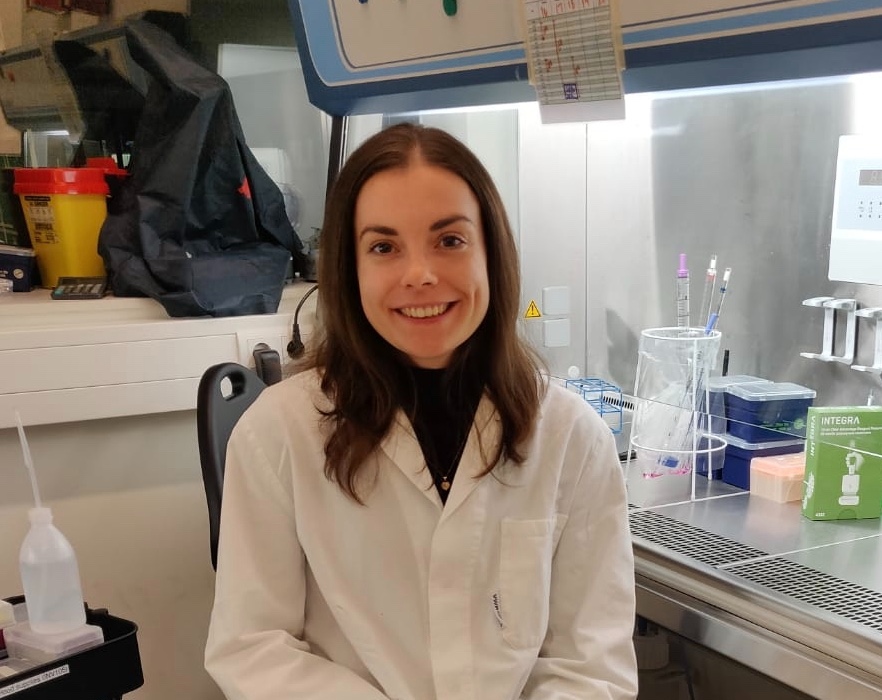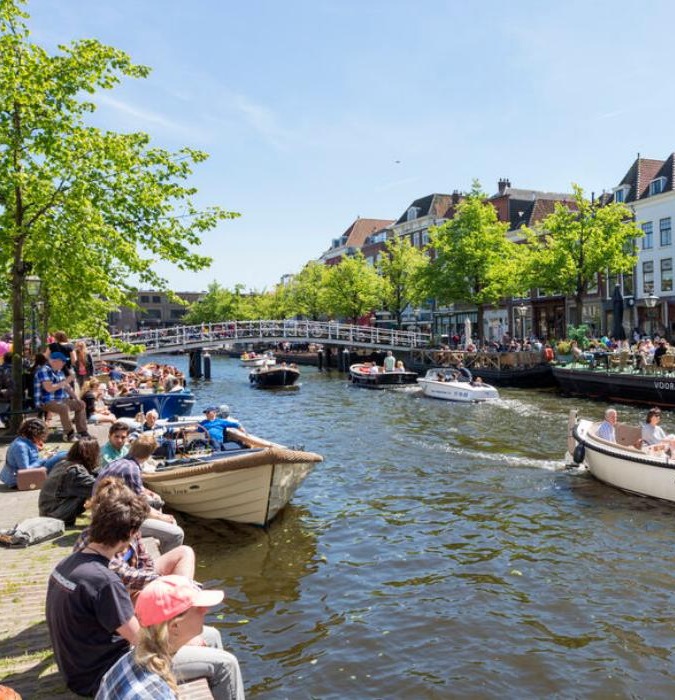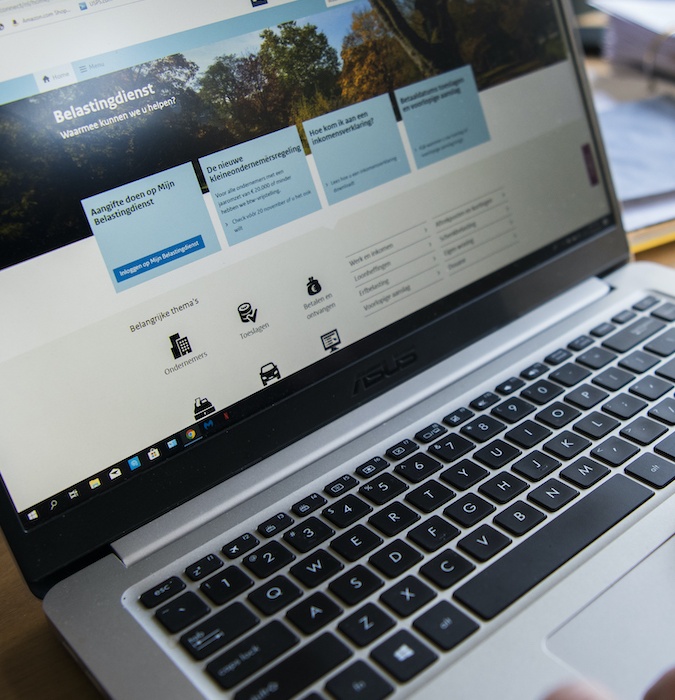Tania’s story at MIMETAS

The country has a thriving biotech and pharmaceutical industry, which fosters collaboration, innovation and research through close partnerships between different types of institutions: Businesses, NGOs, Universities, Research Institutes etc. This has allowed Tania to find a position that fit her specific expertise in the Netherlands. Such a well-connected ecosystem means the industry can more easily translate research findings into practice, which leads to a highly innovative ecosystem that constantly looks for international talent and research opportunities to feed its innovation-based growth.
What was your main reason for you to move to the Netherlands?
I did my PhD at the University of Auckland in New Zealand and finished back in 2018. It was a great experience and a really nice lab, but by the end, I was really ready for a change and a bit of an adventure, so I started looking at jobs in Europe. One of my colleagues actually put me in touch with MIMETAS here in Leiden, so I started researching the company and realized it was really in line with what I wanted to do.
“ Only once I started looking into it, I realized how many awesome opportunities there are here, especially in science, biotech and pharma. ”
I didn't initially plan to come here. I was just really keeping an open mind. Only once I started looking into it, I realized how many awesome opportunities there are here, especially in science, biotech and pharma. It’s a great hub for collaborating with different companies. We're also, of course, close to other places in Europe, so we're really well-connected, which is handy.
How did you find your first job in the Netherlands?
So I did all of the usual job search methods. I applied for specific roles that I found on LinkedIn or on career websites and generally researched online for companies I was interested in. The open application was how I ended up with the role at MIMETAS.
How would you describe your work sector ecosystem in the Netherlands?
Our sector is made up of a lot of different types of institutions, which we collaborate with: biotech companies, Big Pharma, or academia. This collaboration happens mainly through selling our products, our commercial services, or through working on drug development partnerships. The goal is to support drug discovery and disease research. We can only do that by combining the resources and expertise across all of these different parts of the sector. In the Netherlands, and in Europe in general, it’s much easier to collaborate with companies in other countries.
“ It’s much easier to collaborate here with companies in other countries.”
When considering taxes, social security & safety, what surprised you the most?
I think the thing that surprised me the most with taxes was what's called the 30% rule. So basically, when somebody is hired while they're still living a certain distance from the Dutch border, that when you come over for a certain amount of time, you don't pay tax on 30% of your income. And that's something I wasn't really aware of before I came. But I think it's a really great incentive for expats to work here as well.
Tania is one of many highly skilled migrants with a scientific and technological background attracted by the thriving tech and research industries in the Netherlands. She suggests that expats should evaluate their background and try to think outside the box when searching for career opportunities. With a background in STEM, candidates can look into companies and institutions outside the big cities (e.g. Leiden, Delft or Nijmegen), given that a large majority of the research happens there.
The country’s focus on science and technology can be seen through the ways it facilitates collaboration and research, through initiatives that allow the translation of research into market practices, for example through the recruitment of research institutions by businesses. This country’s central and interconnected position in the EU, Europe, and the world supports this further. The international orientation of the country can be seen in government initiatives such as the Netherlands’ 30% ruling, which helps make the country even more attractive to international talent. Both the country's global interconnectedness as well as its research-based ecosystem work to create a growing industry with increasingly more opportunities.
Interested to know more?
- Welcome to NL Job portal
- Biotechnology company
Explore your options in the Netherlands
Learn what Leiden region has to offer for internationals and dive intro the Dutch life science and health sector.


